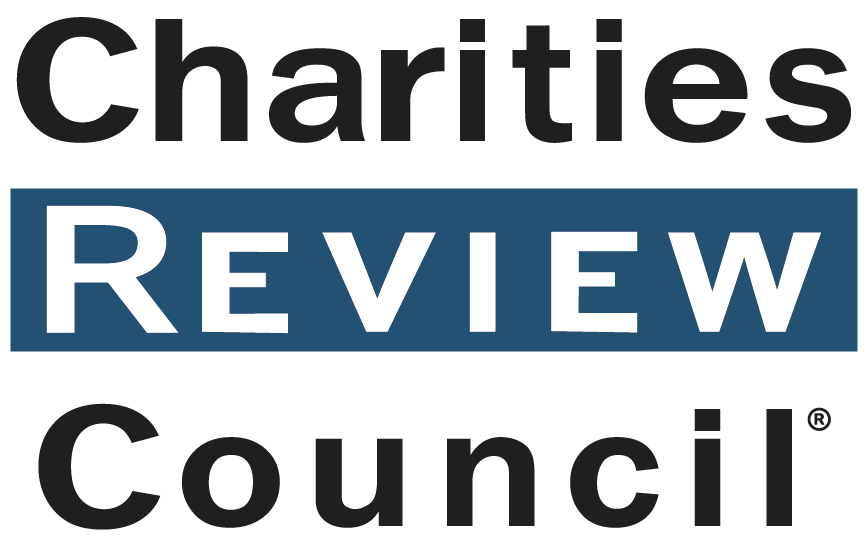Charities Review Council’s Accountability Standards® are based on the value of establishing trusting and meaningful partnerships between nonprofit organizations, donors, and the general public. At Charities Review Council, we believe strengthening these relationships can help us better understand how to effectively engage the communities we serve.
Cause-related marketing offers a meaningful opportunity for community engagement. Cause-related marketing allows a for-profit organization to partner with a nonprofit organization by selling a good or service with a designated percentage of profits donated to a charitable cause. The partnership between a for-profit and nonprofit organization aligns with Charities Review Council’s value of establishing relationships based on mutual benefit and public good.
At a glance, cause-related marketing presents a scenario in which everyone wins. Corporations increase profit revenues, strengthen their reputations, and expand brand recognition. Charities generate funds and raise awareness for a particular social cause.
Consumers feel reassured that a portion of their purchases will be utilized in a meaningful way.
However, some would argue that the benefits of cause-related marketing are short-lived. For example, imagine a shopper who chooses to buy coffee that promotes world peace, cereal that supports early childhood education, yogurt that funds breast cancer research, and, as a last minute impulse, a chocolate bar that promises to protect animal wildlife. By filling a shopping cart with products promising to make the world a better place, consumers such as this one may feel that they have already fulfilled their philanthropic responsibilities. For donors, cause-related marketing is attractive because it provides an easy and convenient way to support a charitable cause.
The danger of cause-related marketing is that it may lead individuals to overestimate the value of their charitable consumption patterns and underestimate the reality of social problems in our society.
Buying a chocolate bar at a grocery store that donates a portion of its proceeds to environmental sustainability won’t save the world. After all, the reality of environmental degradation cannot be condensed into a simple label designed to boost sales. However, buying products that support charitable causes can make a small difference and represent an increased trend towards ethical consumerism.
If choosing to make a purchase of this kind, be sure to ask:
What percentage of my purchase today is going towards the nonprofit organization?
Charities Review Council’s Soliciting Practices Accountability Standard® requires that the percent going towards the cause be made available upon request. As a donor, you should look for a disclosure that looks something like this, “10% of your purchase today is going to support X nonprofit.”
Is it clear what nonprofit organization I am supporting with my purchase?
Sometimes it’s not clear what nonprofit is being supported. As a donor, you are entitled to know who your gift will be benefiting. So before you give, ask who will this gift benefit?
Although cause-related marketing is not a catchall approach to solving the world’s problems, it provides the unique opportunity for nonprofit and for-profit organizations to work together for the advancement of a meaningful cause. As a donor, you can make each dollar an informed investment by continuing to ask questions about the causes you care about.
Click here for Charities Review Council’s list of strong, trustworthy, and accountable nonprofits.


